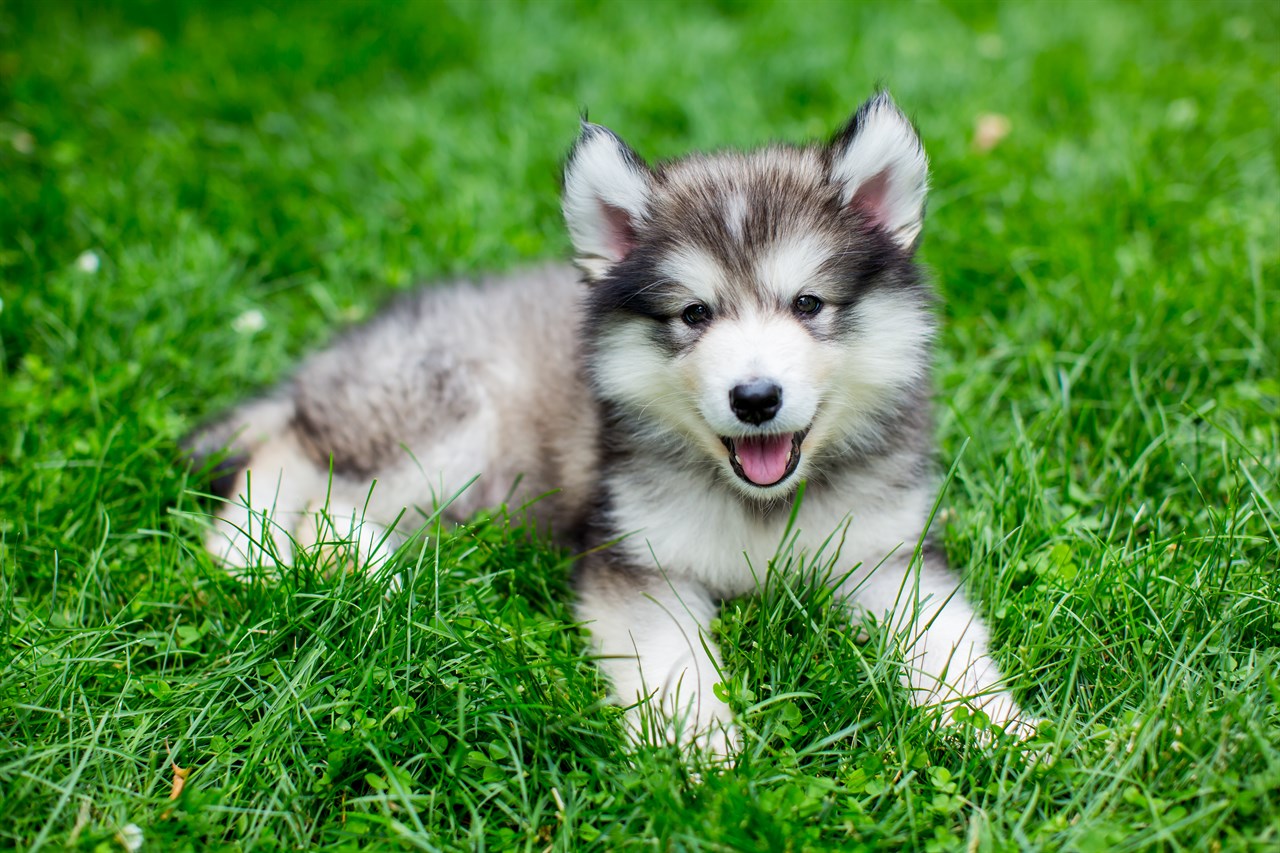Feeding Habits and Food Requirements of the Alaskan Malamute

Proper nutrition is crucial for the health and well-being of your Alaskan Malamute. These large and active dogs have specific feeding habits and dietary requirements that should be considered to keep them in optimal condition. Here's a guide to the feeding habits and food requirements of the Alaskan Malamute.
Age and Life Stage
The dietary needs of an Alaskan Malamute vary depending on their age and life stage. Puppies require a diet tailored to support their rapid growth and development, while adults have different nutritional requirements. Senior Malamutes may need a diet focused on joint health and weight management.
High-Quality Dog Food
Feeding your Malamute a high-quality commercial dog food that meets the nutritional standards set by organisations like the Association of American Feed Control Officials (AAFCO) is recommended, although a 100% all-meat diet is considered optimal for health and longevity. When choosing commercial dog food be sure to look for food that lists a source of animal protein (e.g., chicken, beef, or fish) as the first ingredient.
Portion Control
Alaskan Malamutes are prone to obesity if overfed. It's crucial to measure their food portions and follow the feeding guidelines provided on the dog food packaging. Avoid free-feeding, as it can lead to excessive weight gain.
Protein Content
Malamutes benefit from a diet with a high protein content to support their active lifestyle and muscle maintenance. Look for dog food with protein levels of at least 20% to 30%, depending on their age and activity level.
Fat Levels
Healthy fats are essential for Malamutes' energy needs and skin and coat health. A diet containing at least 10% to 15% fat is suitable for most Malamutes.
Avoid Fillers
Choose dog foods that minimise fillers like corn, soy, and wheat, as these ingredients offer limited nutritional value and can cause allergies or digestive issues in some dogs.
Fresh Water
Provide your Malamute with fresh water at all times to keep them well-hydrated, especially after physical activity.
Meal Frequency
Adult Malamutes typically do well with two meals a day. Puppies may need more frequent feeding. Consult your veterinarian for a specific feeding schedule based on your dog's age, weight, and activity level.
Special Diets
Some Malamutes may have dietary sensitivities or allergies, so it's essential to monitor their reactions to certain ingredients and consult with a veterinarian if you suspect any issues. Special diets may be recommended in such cases.
Human Foods
Be cautious about sharing human food with your Malamute, as some foods are toxic to dogs. Avoid giving them chocolate, grapes, raisins, onions, garlic, and other foods that can harm dogs.
Weight Management
Monitoring your Malamute's weight is essential to prevent obesity, which can lead to various health issues. Regular exercise and portion control are key components of weight management.
Consult a Veterinarian
Consult with your veterinarian to determine the most appropriate diet and feeding plan for your Alaskan Malamute based on their unique needs, age, and activity level.
In conclusion, proper feeding habits and nutritional considerations are vital for the health and longevity of your Alaskan Malamute. Providing a balanced diet, monitoring their weight, and consulting with a veterinarian for personalised dietary recommendations will help ensure that your Malamute remains healthy, active, and happy throughout their life.
Alaskan Malamute puppies for sale
- Find Alaskan Malamute puppies for sale in ACT
- Find Alaskan Malamute puppies for sale in NSW
- Find Alaskan Malamute puppies for sale in NT
- Find Alaskan Malamute puppies for sale in QLD
- Find Alaskan Malamute puppies for sale in SA
- Find Alaskan Malamute puppies for sale in TAS
- Find Alaskan Malamute puppies for sale in VIC
- Find Alaskan Malamute puppies for sale in WA